Discovery Institute's Blog, page 209
November 13, 2014
For Artificial Intelligence, Humor Is a Bridge Too Far
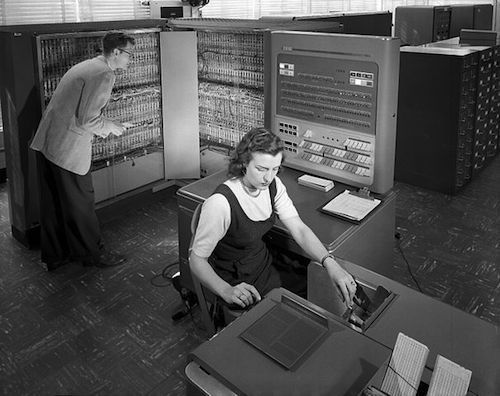
Thoughtful reader Paul comments on Erik Larson's post "Yes, 'We've Been Wrong About Robots Before,' and We Still Are":
The article reminded me of an exercise in one of my first programming books that made me aware of the limits of computers and AI. I've forgotten the author of the book, but the problem was something like the following: "Write a program that takes in a stream of characters that represent a joke, reads the input and decides whether it's funny or not."It's a prefect illustration...
From the Annals of Science: Chimp Cultures Are Less Complex than Human Cultures
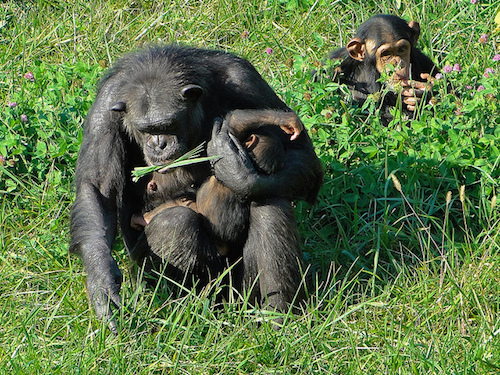
Who would have thought? It turns out that chimp tribes have cultures but these are less complex and diverse than human cultures. Why? Because chimps are less inclined to learn from each other. It's a matter of preference, not anything exceptional on the part of human beings.
Live Science reports on the new research in Biology Letters ("Human children rely more on social information than chimpanzees do"):
"This study is new in showing a species difference in readiness to incorporate social inf...
One Thing Comet Probe Hubbub Has Right: Water Is Vital to Life Chemistry
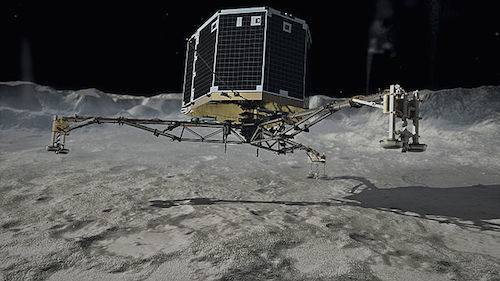
Editor's Note: We are pleased to present a new series at ENV, "Exoplanets." Daniel Bakken is anengineer who teachesastronomy at the college level, and an entrepreneur in compound semiconductor crystal growth. In a series of articles he will critically examine recent claims about exoplanets beyond our solar system, asking whether our own planet Earth is a rarity, or common, in the cosmos.
With the landing of a European probe yesterday on comet 67P/Churyumov-Gerasimenko, excitement in the media...
November 12, 2014
European Space Probe Lands on Comet, Heralded by Overheated Promises of Solving the Enigma of Life
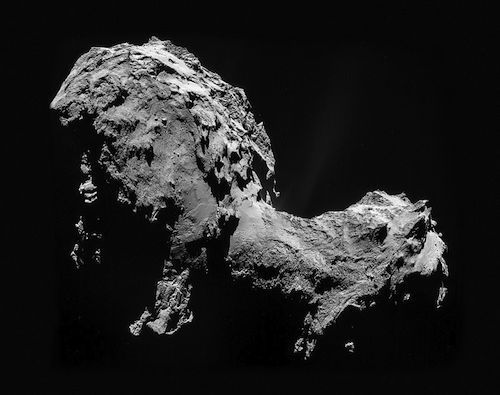
Today, the European Space Agency successfully landed its probe Philae on the surface of comet 67P/Churyumov-Gerasimenko following a ten-year journey through space. Excellent. Now with that accomplished, let the overheated promises pour forth that the landing will solve the enigma of life's origins on Earth, or help reveal the existence of life elsewhere. Countdown: ...3, 2, 1. Go!
"Scientists hope the £1billion project will solve some of the greatest puzzles in science -- including the origi...
Yes, "We've Been Wrong About Robots Before," and We Still Are
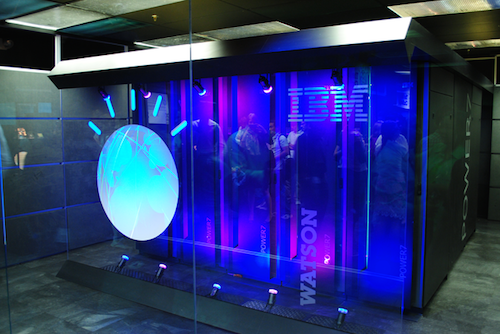
More hype on artificial intelligence, now from Bloomberg News ("Robot Brains Catch Humans in 25 Years, Then Speed Right On By") and promoted by Drudge:
We've been wrong about these robots before.
Soon after modern computers evolved in the 1940s, futurists started predicting that in just a few decades machines would be as smart as humans. Every year, the prediction seems to get pushed back another year. The consensus now is that it's going to happen in ... you guessed it, just a few more deca...
November 11, 2014
Privileged Species with Michael Denton, the Antidote to Cosmos, Will Have Its Southern California Premiere on Friday
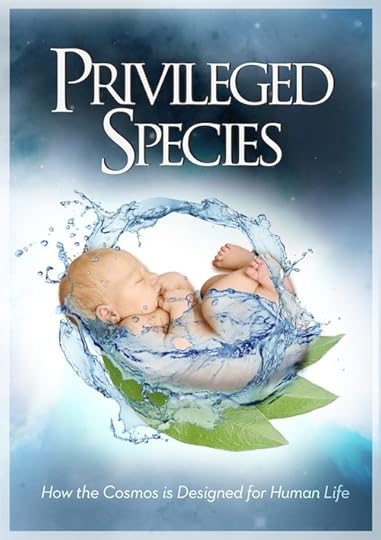
Michael Denton's work is the antidote to Cosmos. Rather than insisting on the mediocrity of our planet and the life on it, as astrophysicist Neil deGrasse Tyson did in the recent landmark TV series, renowned Australian biologist Dr. Denton reveals the design in our physical environment on Earth, which gives every appearance of having been fashioned for us with supreme precision and care.
This Friday at 7 pm, the gorgeous new documentary Privileged Species, explaining Denton's thought, will ha...
Sibling Theories, Fraternal Twins: What Darwinian Evolution and the Multiverse Have in Common

At Quanta Magazine, a well-reported article by Jennifer Ouellette is a reminder of how arguments for the multiverse are built by stacking conjecture upon conjecture upon conjecture ("Multiverse Collisions May Dot the Sky"). Cosmologists Hiranya Peiris and Matt Johnson seek evidence in patterns in the cosmic microwave background (CMB) for past collisions of bubble universes with our own. They think there may be as many as four such patterns identifiable in the CMB. But it all depends...
Let th...
Animal/Human Organ Transplants? Full Speed Ahead!
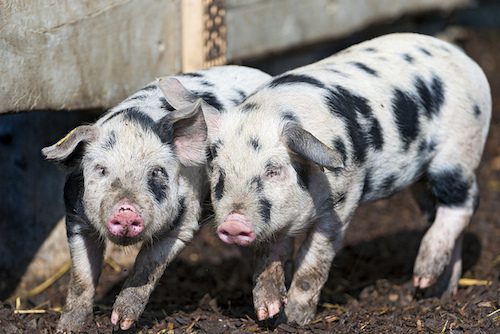
Imagine you need a new heart. A doctor takes some skin cells and then transforms them into pluripotent stem cells.
The cells are injected into a pig embryo. The piglet is raised for six months, euthanized, and the heart transplanted into your chest with little concern of tissue rejection because your own DNA would be in the organ.
If such a procedure could be perfected, and scientists are working on it, it would end the organ shortage.Other than potential safety issues -- some serious,for exam...
On Veterans Day, Remembering the Roots of World War I

Last year, I happened to be traveling in the United Kingdom with my family on Remembrance Day (November 11). The day marks the anniversary of the armistice that ended the carnage of World War I. In America, we typically call it Veterans Day. Unfortunately, most Americans don't appear to think very much about the day, except perhaps as a break from school or their job (if they happen to work for the government or a bank).
In England, by contrast, people seem to treat November 11 a lot more se...
Imagine Designing Codes That Generate Functional Information When Read In Either Direction

"Antisense" is not the same thing as "nonsense" if there's a reason for it. DNA is usually read in the "sense" direction -- the direction that translates into a protein. The translation machinery can work in the opposite direction sometimes, though, producing an "antisense" RNA. Given our acquaintance with language, this would seem puzzling; what possible meaning could come from reading a paragraph backwards? Two recent papers show that cells can make sense out of antisense, by creating long...
Discovery Institute's Blog
- Discovery Institute's profile
- 15 followers



